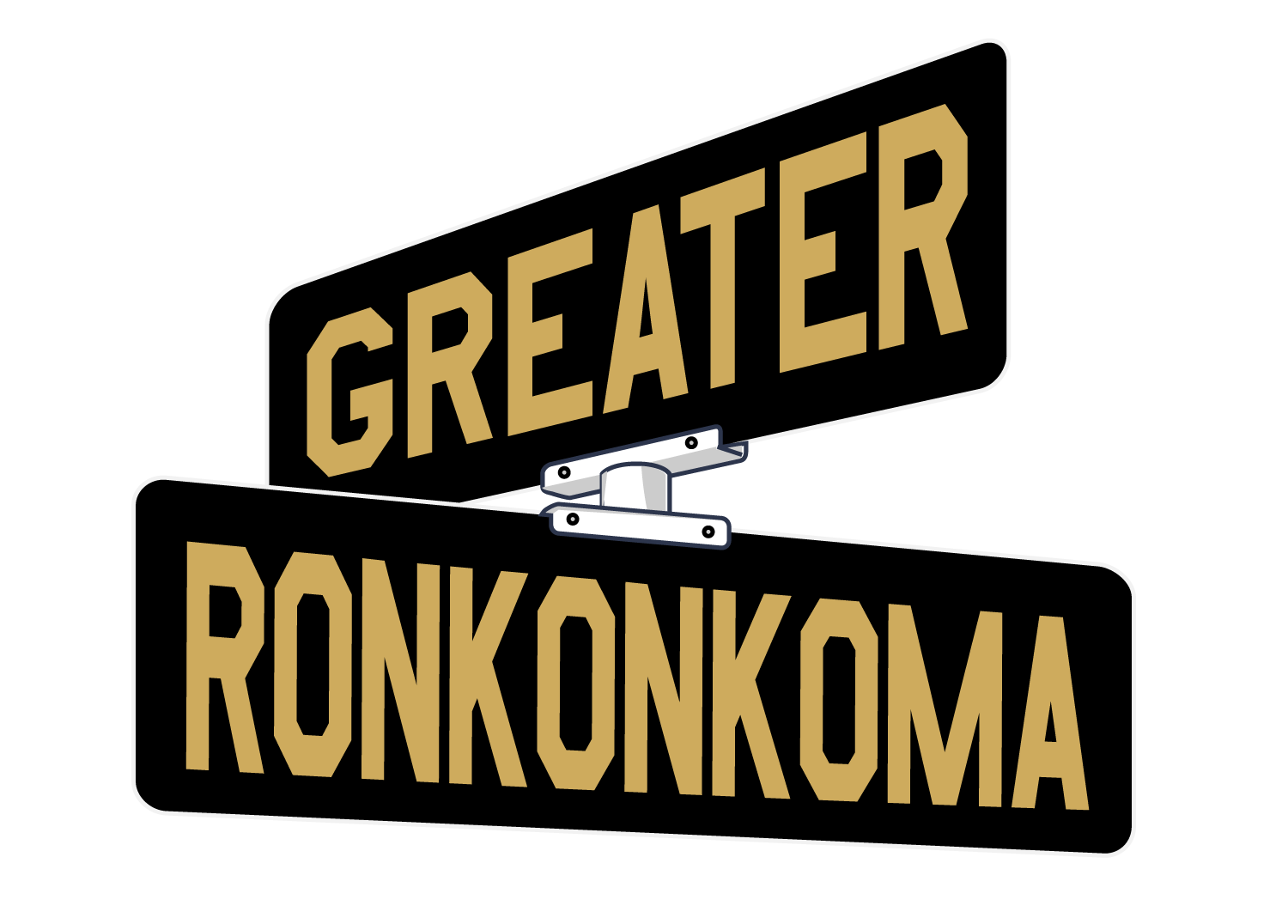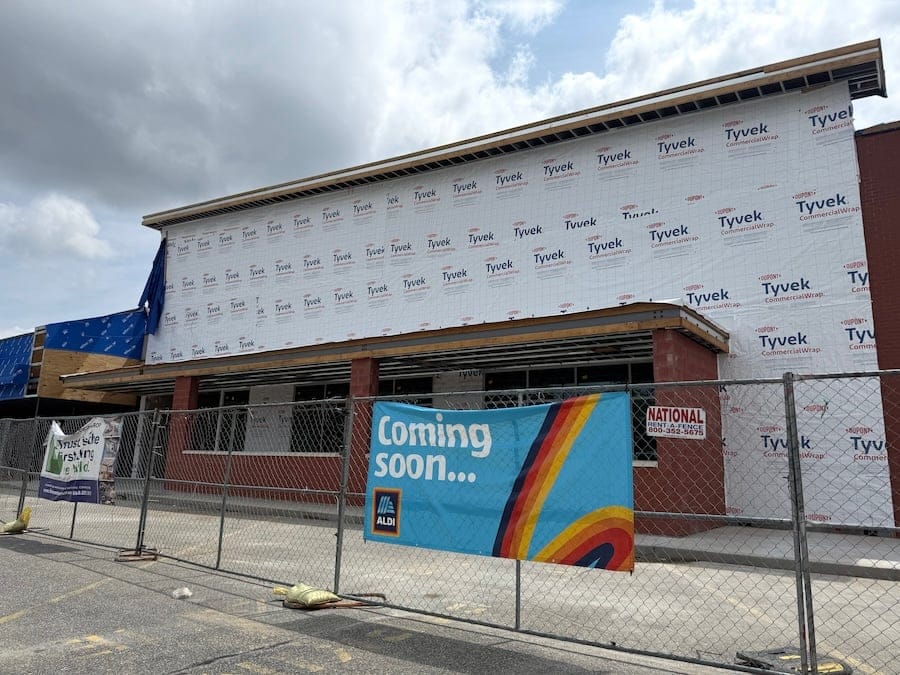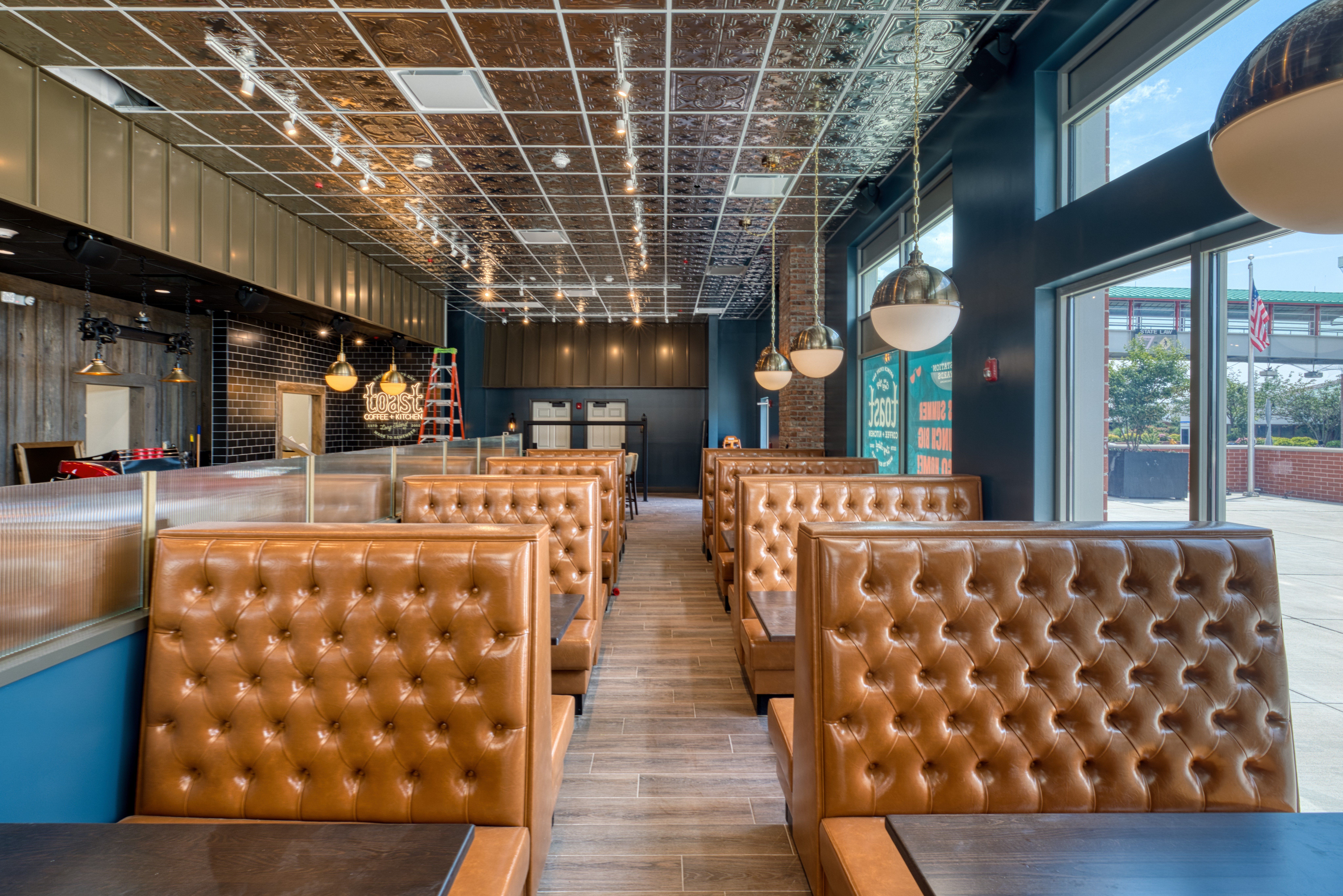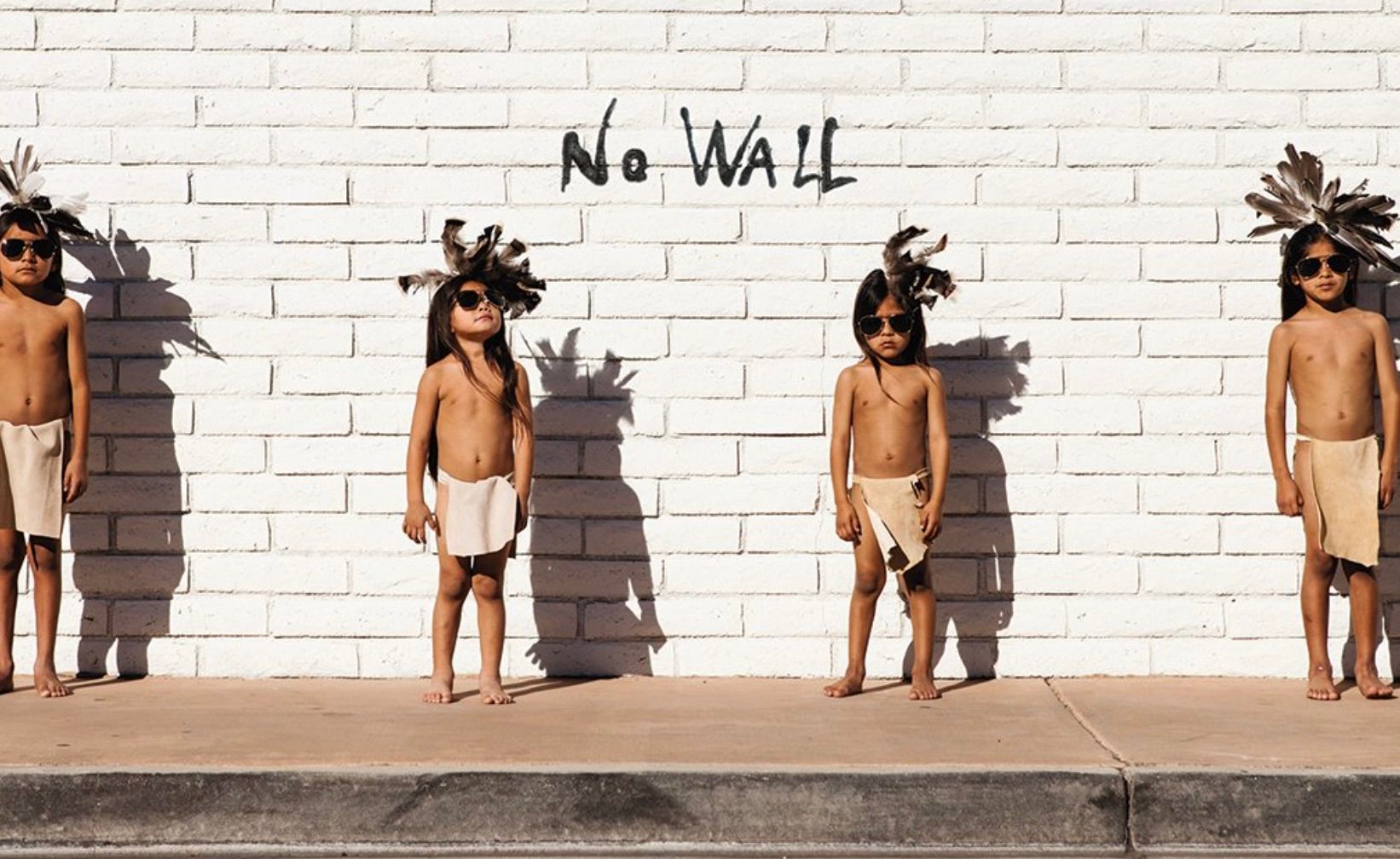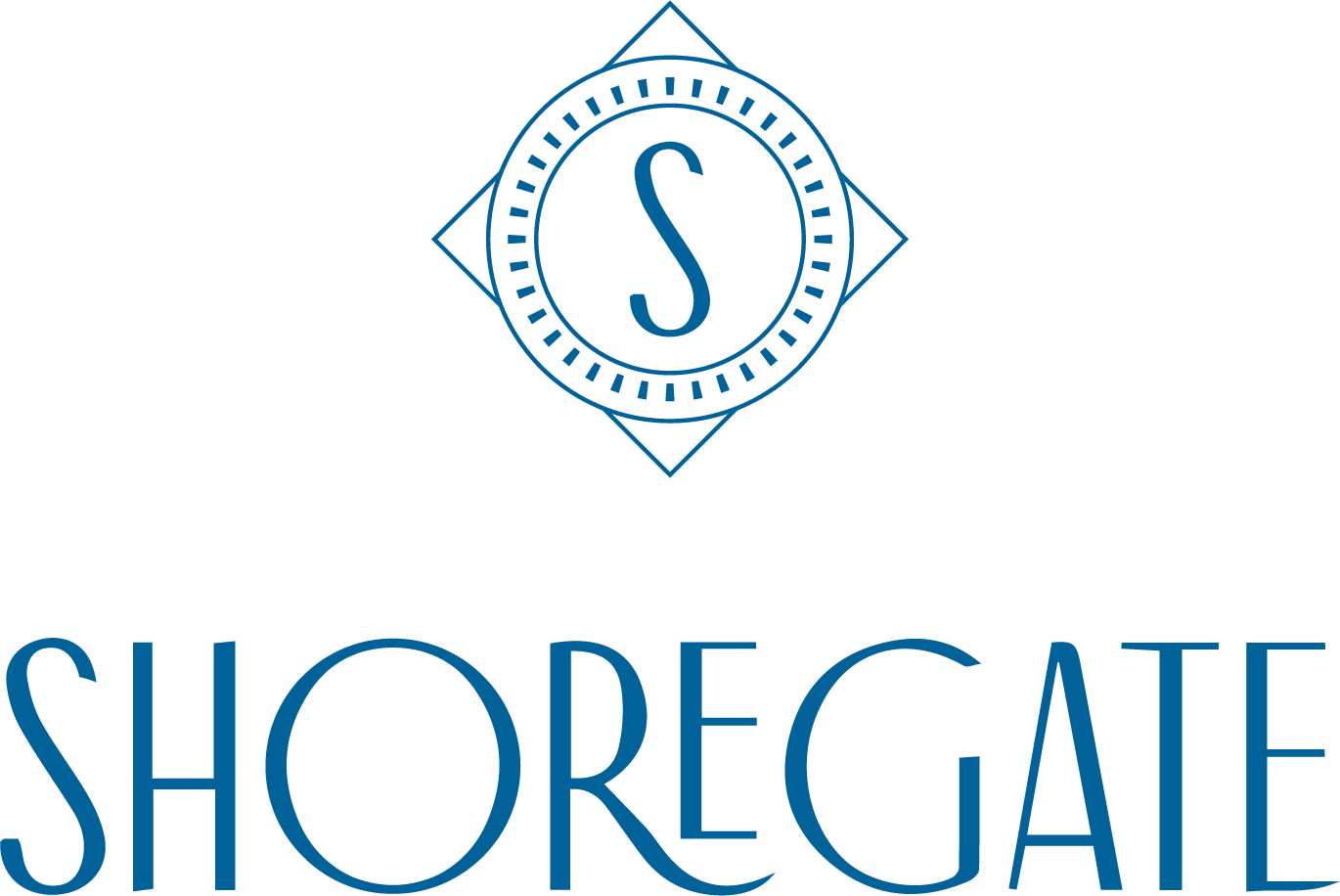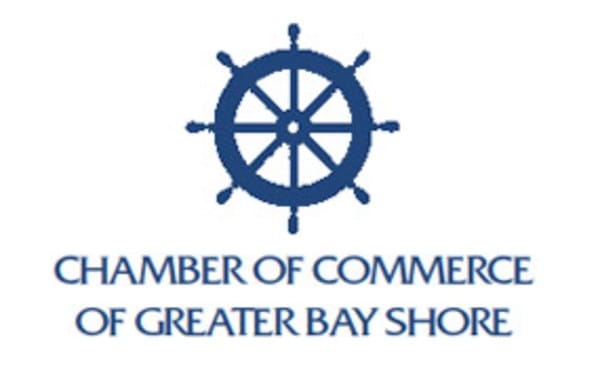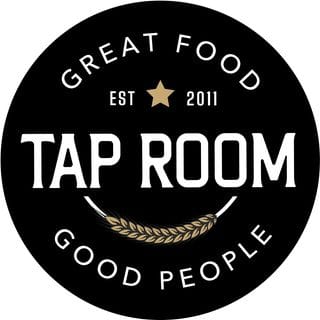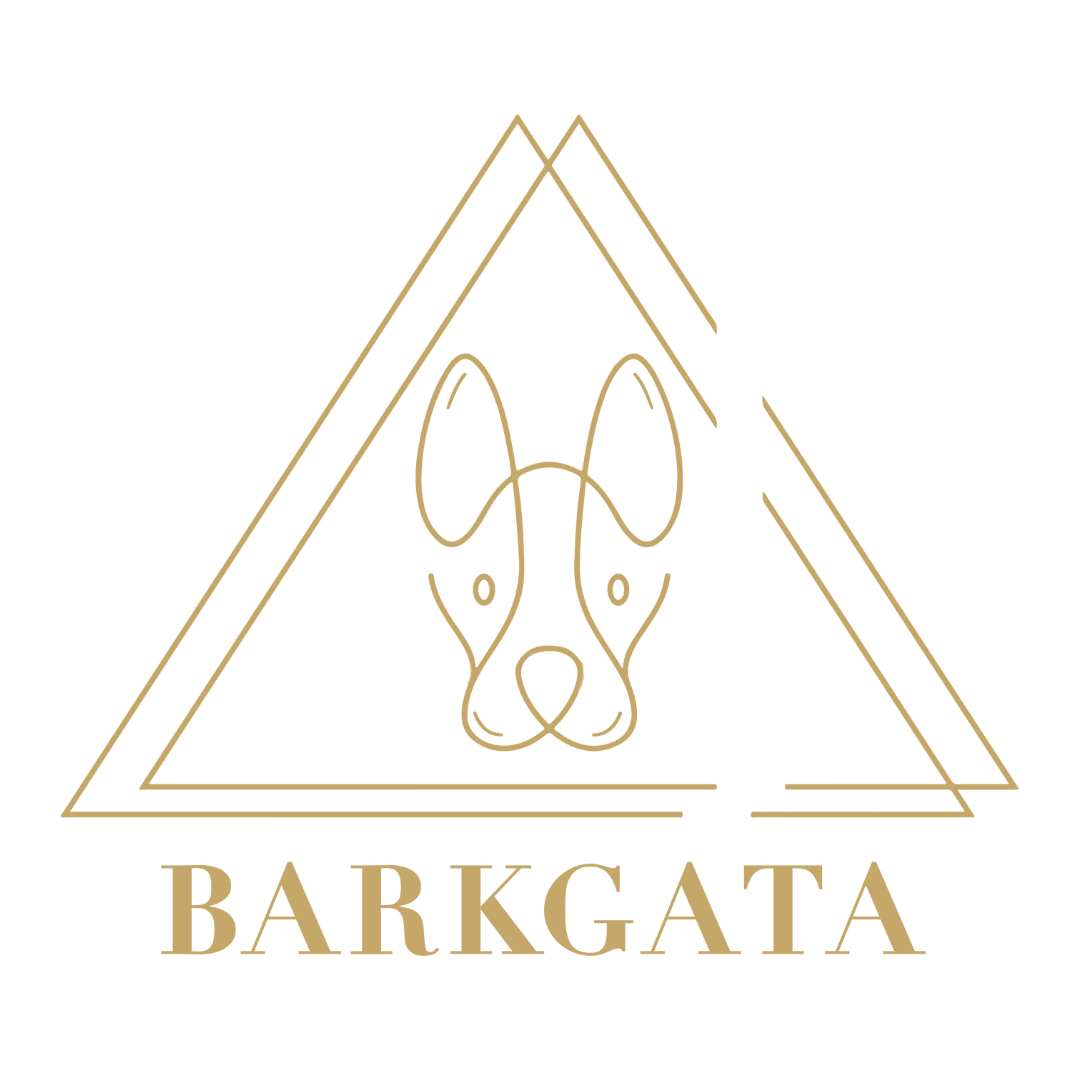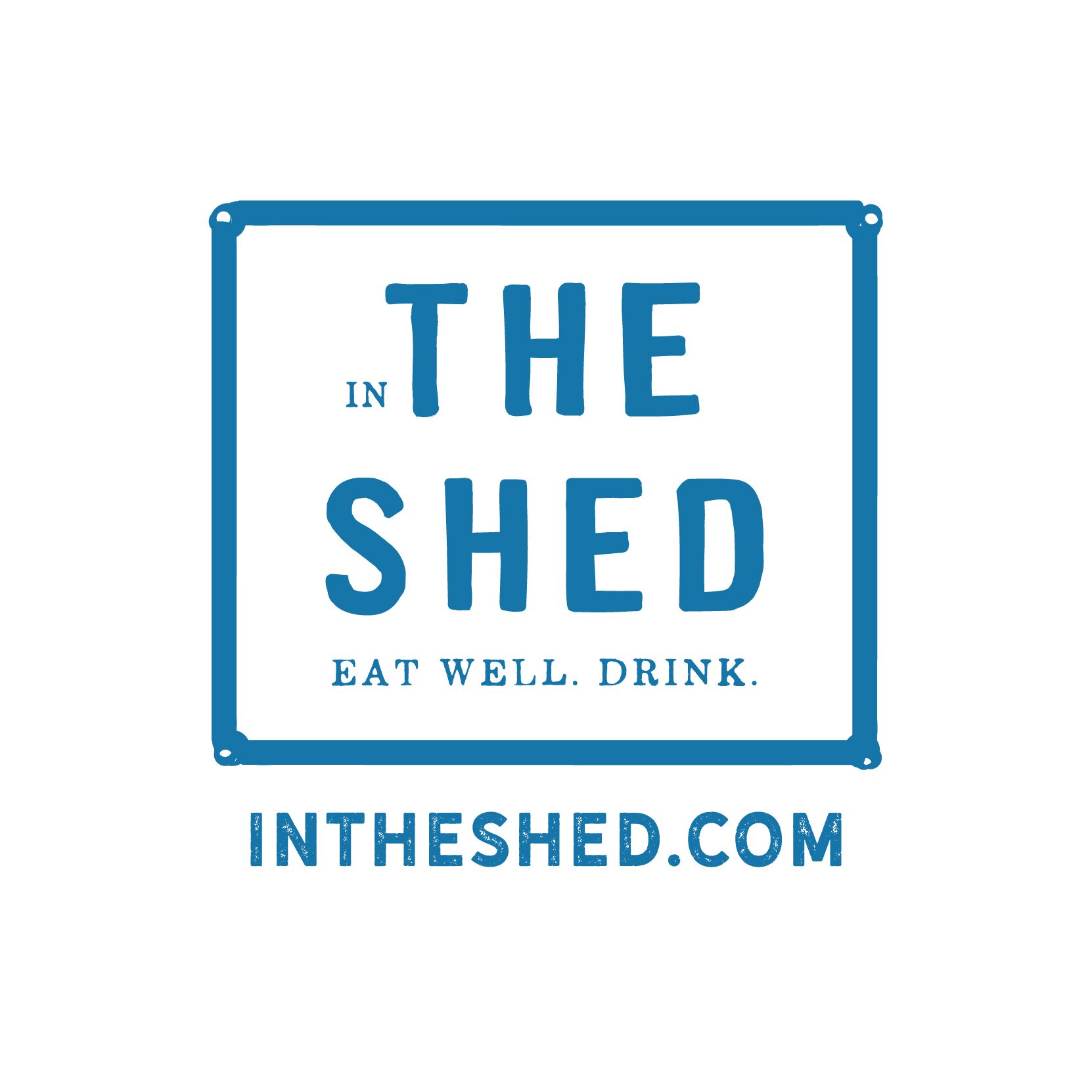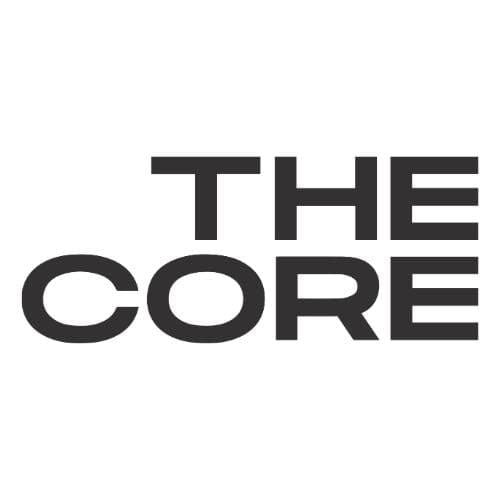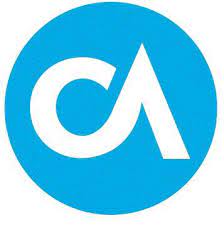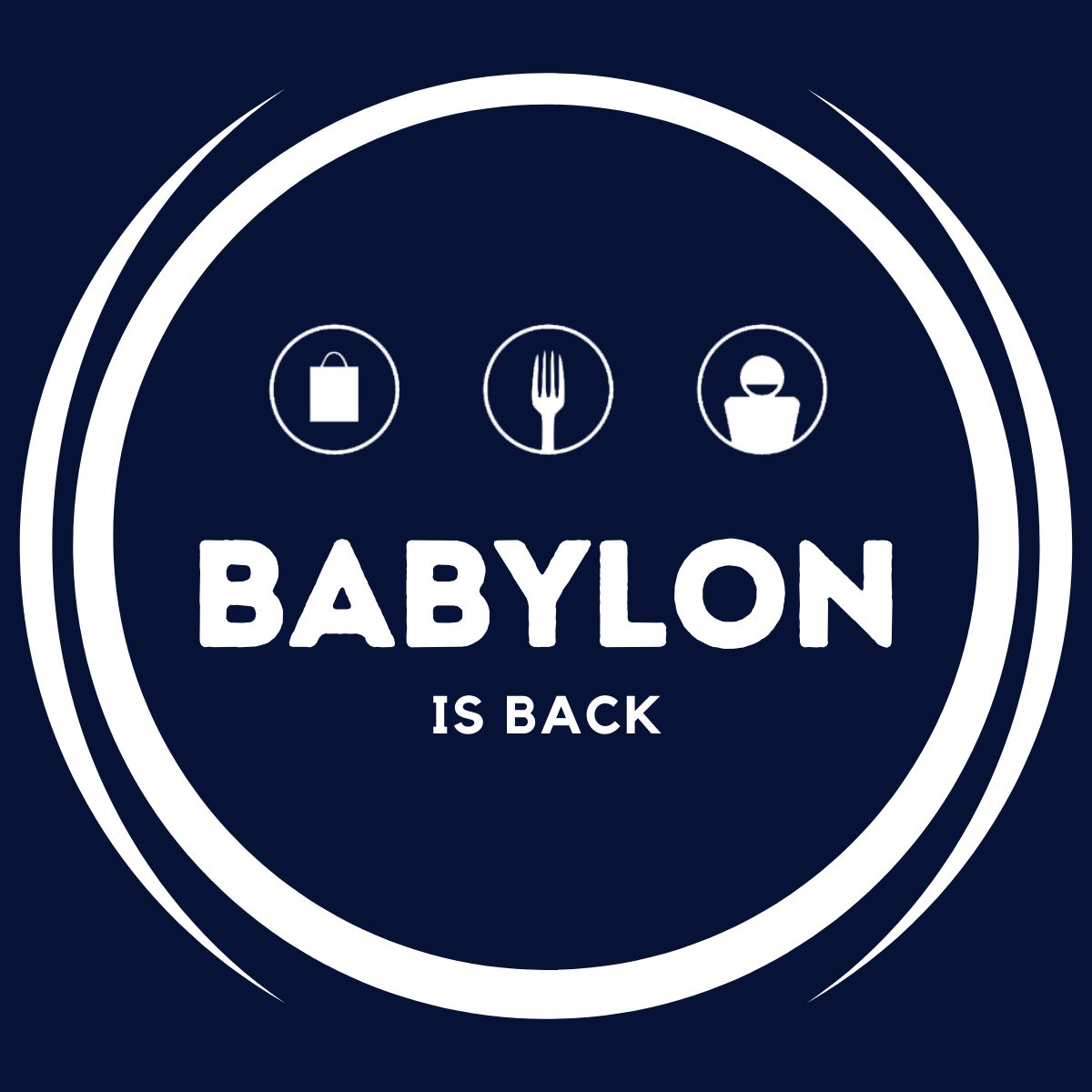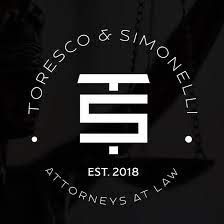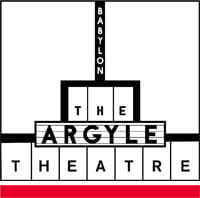
OUR SPONSOR
Greater Ronkonkoma coverage is funded in part by The Core Station Yards, now leasing brand-new apartment homes in Ronkonkoma. Click here to book your tour!
by Aurelia Henriquez
For teachers, leaders and students across Long Island and New York State, the past year has been a time of incredible instability and disconnectedness.
During this unpredictable period, we also witnessed heroism, unselfish acts, kindness and compassion in our communities.
“Imagine an assessment process that builds on student learning and truly promotes exploration.”
In a “locked down” country too often divided by racial violence and distasteful politics on all sides, students’ performance on State Assessments would be the very last thing on the minds of many teachers, administrators, and most parents.
Instead, conversations around student and family engagement, debates about “learning loss,” equity and access (to provide basic needs), social emotional support and creating schools defined by inclusive excellence, have come to the forefront of our conversations about education.
While these gaps have always existed, COVID has certainly emphasized them; forcing us to do things differently …to think about teaching, leading and parenting differently.
Why shouldn’t we consider assessment in a different way too?
Perhaps it is time to re-examine the assessment system/process and work collaboratively to rebuild it, instead of relying on an outdated definition of normalcy.
Like trying to put a round peg in a square hole, it is simply impossible and yet we constantly revert back and expect different outcomes. If we can move past the antiquated “fill in the bubbles” mindset, and instead build a paradigm that values the complex diversity of all students and local conditions, we could be successful in building “assessments” that allow students an opportunity to explore, understand, question, discuss, debate, reflect, receive feedback and learn by trial and error.
Imagine an assessment process that builds on student learning and truly promotes exploration.
Let’s be honest: The “old normal” hasn’t always considered opportunity gaps, exceptionally abled/special needs students or the students who have excelled and need to be challenged.
Come to think of it, do any of our students really benefit from the traditional model?
Imagine an assessment system that invests in critical thinking skills and requires students to connect, engage and apply what they’ve learned. Imagine a system that values students’ lived experiences and taps into those experiences to translate them into 21st century learning skills (insert mind-blowing emoji).
To the surprise of many, New York State schools are required to administer State tests and while certain guidelines/rules have been relaxed, most educators and parents are still left to wonder:
Who thinks that is a good idea considering all that has been going on?
With decreasing numbers of New Yorkers with COVID and the arrival of spring, hope blooms for a new sense of “normalcy” to come. Let’s embrace a new definition of normalcy.
Instead of focusing on the outcome of the old assessments, our conversations at home and in schools need to be around embracing the complexities of the real world, creating a sense of agency in all students so that they have the skills required to move forward with confidence in college or in careers and most important, they’ll have the “tools” to move forward in life in general.
Together, we can move beyond a “fill in the bubbles” mindset and dare to dream of assessment differently.
We can build assessments that promote rich, rigorous and relevant learning for all and challenge our children to grow mentally and spiritually. While the obstacles are huge, the end result is worth it. Our children are worth it.

Aurelia Henriquez is currently Acting Assistant Superintendent in Hempstead School District. She will begin her new role as the superintendent in a Westchester County school district to begin on July 1, 2021. She lives in Suffolk County.
